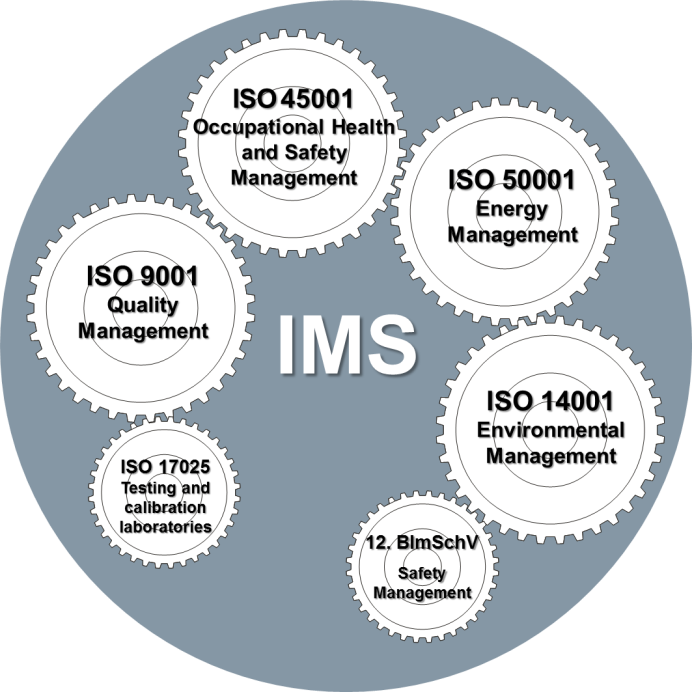Understanding Integrated ISO Management Systems: Enhancing Efficiency and Sustainability
In today's dynamic business environment, organizations are constantly seeking ways to improve efficiency, reduce costs, and enhance sustainability. One approach that has gained prominence is the implementation of Integrated Management Systems (IMS). An Integrated Management System is a comprehensive framework that combines various management standards, allowing organizations to streamline processes, improve communication, and achieve overarching business objectives.
This article delves into the concept of Integrated Management Systems, exploring their benefits, implementation challenges, and the impact on organizational performance.
Click Here to Download Readymade Integrated Management Systems Toolkit
Defining Integrated Management Systems
An Integrated Management System is a unified framework that incorporates multiple management standards into a single, cohesive system. These standards can include Quality Management (ISO 9001), Environmental Management (ISO 14001), Occupational Health and Safety (ISO 45001), Information Security Management (ISO 27001), and others depending on the organization's needs and industry requirements.
Key Components of an Integrated Management System
- Policy Integration: IMS integrates various management policies into a single, coherent set of guidelines that align with the organization's overarching objectives. This ensures that different aspects of management, such as quality, environment, and safety, are not treated in isolation but as interconnected components of a unified strategy.
- Process Integration: Processes across different management systems are harmonized to eliminate redundancy and improve efficiency. By mapping out and integrating processes, organizations can identify synergies, streamline workflows, and reduce the risk of conflicting practices.
- Documentation and Records:Integrated Management Systems provide a consolidated approach to documentation and record-keeping. This minimizes duplication, simplifies audits, and ensures that information is readily available and accessible to relevant stakeholders.
Click Here to Download Readymade Integrated Management Systems Toolkit
Benefits of Integrated Management Systems
- Efficiency Improvement: IMS allows organizations to streamline their processes, reducing duplication of efforts and resources. This results in increased efficiency, lower operational costs, and improved overall performance.
- Enhanced Communication: By integrating various management systems, communication channels are improved within an organization. Departments and teams can better collaborate, share information, and work towards common objectives.
- Risk Management:Integrated Management Systems facilitate a holistic approach to risk management by considering various aspects like quality, environmental impact, and occupational health and safety. This enables organizations to identify and mitigate risks more effectively.
- Sustainability Focus: Organizations are increasingly incorporating sustainability into their business practices. IMS helps integrate sustainability considerations into core business processes, fostering a culture of responsible corporate citizenship.
Click Here to Download Readymade Integrated Management Systems Toolkit
Implementation Challenges
- Initial Investment: Implementing an Integrated Management System requires an upfront investment in terms of time, resources, and technology. However, the long-term benefits often outweigh the initial costs.
- Resistance to Change: Employees may resist changes to established processes. Proper change management strategies and training programs are crucial to overcoming this challenge.
- Complexity: Managing multiple standards within a single system can be complex. Organizations need to carefully plan the integration process, ensuring that the complexity does not impede daily operations.
Conclusion
Integrated Management Systems offer a comprehensive and systematic approach to managing various aspects of an organization. As businesses evolve in a rapidly changing landscape, the ability to adapt and integrate different management standards becomes a competitive advantage. By adopting an Integrated Management System, organizations can not only meet regulatory requirements but also drive operational excellence, foster innovation, and contribute to a sustainable future.
